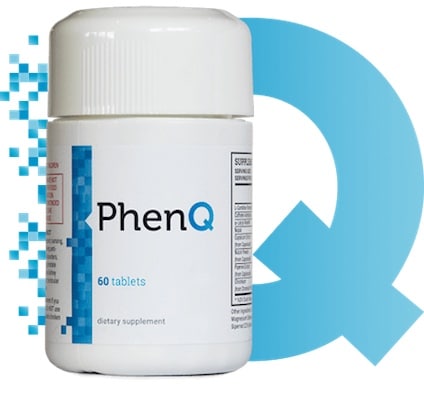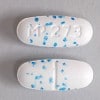General Information
Adipex-P is a diet pill that helps people lose weight by suppressing their appetite. Experts claim it works best when combined with a healthy diet and exercise.
Ingredients
Adipex-P is another name for phentermine, a notorious weight loss drug that’s known to cause adverse side effects in users. Its chemical formula is 2-methyl-1-phenylpropan-2-amine.
Brand Name Variations
Other brand names of Adipex-P include duromine, metermine, mirapront, obephen, obermine, obenix, teramine, zantryl, sinpet, supremin, umine, weltmine, adiphene, anoxine-AM, qsymia, phenterex and suprenza.
Mechanism of Action
Adipex-P works every much like an amphetamine. This means it changes the action of neurotransmitters in the body especially norepinephrine and dopamine. A drug like Adipex P displaces these neurotransmitters from the areas in the nerve cells that produce them. This means that the concentration of the neurotransmitter increases in the junctions or synapses between the neurons and in the synapses between the neurons and the cells of the body. The effects of this is to reduce the user’s sensation of hunger.
Because it so closely resembles amphetamine, Adipex-P is considered a Schedule IV drug under the Controlled Substances Act. This means that the drug is used for legitimate medical purposes and has a low abuse potential but that users can still become mildly physically or psychologically dependent on it.

Dosage and Administration
Adipex-P is sold as a blue, 37.5 mg tablet. This is the usual daily dosage for an obese adult. The tablet is taken before breakfast or one and two our hours after breakfast. Though the 37.5 mg dosage is standard, a physician might adjust the dosage according to the needs of the patient.
History
Phentermine was approved by the FDA in 1959 as a diet pill but phentermine hydrochloride wasn’t widely available for use till the early years of the 1970s. At first, it was sold as Fastin but then taken off the market by 1998. It was also sold as Fen-Phen. Fen-Phen was taken off the market in 1997 because at last 24 of its users developed problems with their heart valves. As many as 30 percent of the users of Fen-Phen suffered damaged heart valves before it was pulled from the market.
Adverse Effects
Medical professionals have known for years that phentermine can have severe side effects. These run the gamut from pains in the chest, dizziness and fainting, a heartbeat that’s too fast, irregular or pounding, headache to swelling, tingling, tremors and numbness in the legs, feet and arms. The patient might also have trouble breathing and have cognitive difficulties as well as weakness. The user might also suffer from decreased libido, a dry mouth, constipation, strange mental changes including both euphoria and dysphoria, hives, itching, redness and rash and a bad taste in the mouth.
On top of these side effects, there are over 400 drugs that react adversely with adipex-P. Some of the reactions are quite dangerous. Among the drugs that cause serious reactions when taken with Adipex-P are acetaminophen, aspirin, bupropion, hydrocodone, Prozac, methamphetamine, Paxil, tramadol and zoloft. The patient should also avoid Adipex-P if they suffer from cardiovascular disease, glaucoma, diabetes or liver disease. Women who are pregnant or nursing should not use Adipex-P.





